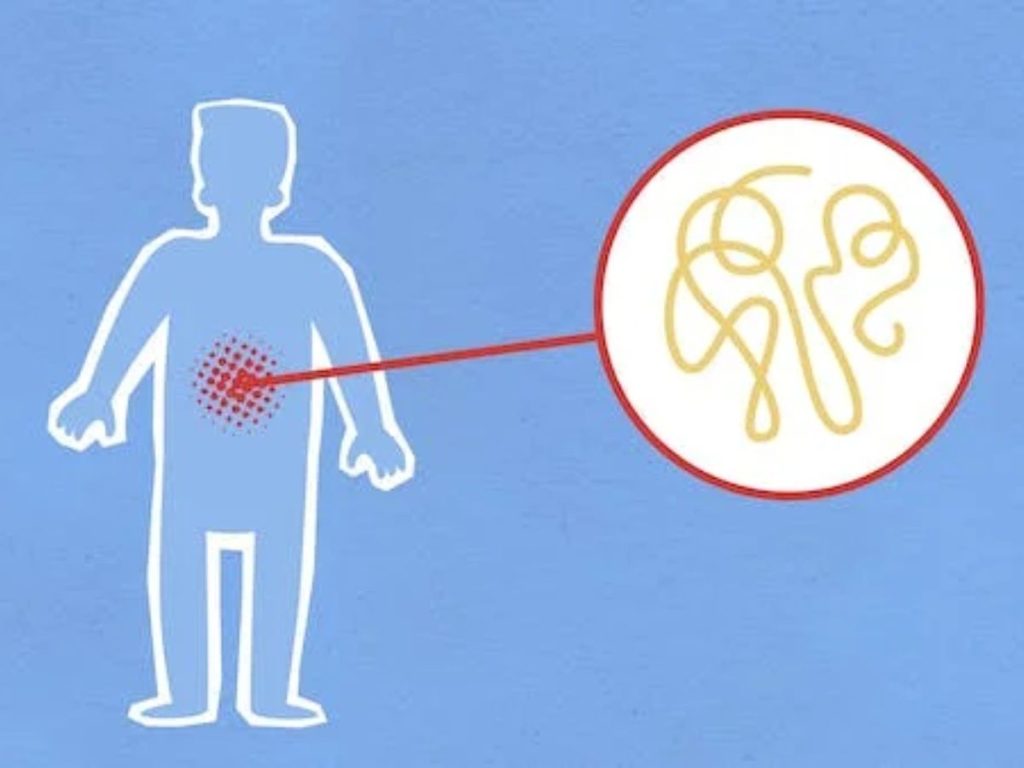Are Boiled-Eggs Anti-inflammatory?

Table of Contents
First of all, let us understand what inflammation is. It is the natural response of the body to foreign invaders. The immune system is alerted whenever there is an injury or wound where the body is exposed to the external environment. It responds by sending white blood cells to the damaged site, which appears to us as inflammation. Now there are two kinds of inflammation, acute and chronic.
What is Inflammation & How Can You Control It?
Acute inflammation occurs in cases like cutting your finger or bruising your shoulder. It fades away after a while, depending on the injury’s severity. In chronic inflammation, the body’s immune system sends out white blood cells, even when there is no outside threat. The body cannot differentiate between healthy and sick cells and attacks both. Chronic inflammation often links to cardiovascular disease, diabetes, rheumatoid arthritis, Alzheimer’s, cancer, etc.
One way to control the inflammation is to change your diet, which of course, influences such things. Consuming food which has anti-inflammatory properties is inherently good for your health. These include fatty fish, vegetables, fruits, fresh herbs, spices, etc. You also have inflammatory foods to avoid, so it doesn’t counter the effect of consuming anti-inflammatory food.

Foods that Help In Reducing Inflammation
Food that aids in the anti-inflammation process includes green vegetables, fruit, fatty fish, and herbs. These contain a high concentration of antioxidants. Lush most food of plant origin, they are rich in a substance called polyphenols. This compound offers protection against certain cancers, cardiovascular diseases, and diabetes. So this firmly puts it in the category of anti-inflammatory. Here are foods that tend to reduce inflammation:

1. Fruits and Veggies
These are essential for health, so take your time accepting the veggies out of hand.
2. Tomatoes
There is a compound by the name of Lycopene that is present in tomatoes. It enables the tomatoes to be natural antioxidants that reduce inflammation.
3. Green Leafy Vegetables
Veggies such as spinach and kale have high levels of vitamin K that aid in curbing inflammation.

4. Fruits
They are often rich in antioxidants. Examples include blackberries, cherries, and blueberries.
5. Chili Pepper
They’re rich in capsaicin, which has anti-inflammatory properties.
6. Whole Grains
Foods that are unprocessed and rich in fiber, like brown rice, whole-wheat bread (that is, if you don’t have any gluten allergy), and oatmeal, help reduce inflammation.
7. Beans
This fibrous food has a high level of antioxidants, which makes them fall right in as an anti-inflammatory substance.

8. Nuts
They have a cluster of polyunsaturated fats like omega-3 and omega-6 in addition to monounsaturated fats that prevent swelling or inflamed skin.
9. Fish
They have a similar case as nuts. Eating a healthy amount of salmon, tuna, and sardines gives you good immunity.
10. Olive Oil
It has a high concentration of essential fats, which lowers inflammation.
11. Coffee
It contains high levels of polyphenols. Consuming two to three cups of coffee should do the trick.

12. Herbs and spices
Many herbs possess anti-inflammatory properties and have been used for thousands of years; example includes turmeric, garlic, ginger, and cinnamon.
These foods are not only good for your health, but they also reduce inflammation considerably. Additionally, they boost your mood and improve your quality of life.
Why We Need to Eat Eggs Daily
Now, let’s look at some of the reasons why you need to eat eggs.
Rich in Nutrients
Eggs contain extra-ordinary amounts of high-quality protein, vitamins, and minerals that are essential for our overall health.

Brain Development
Eggs contain choline which is vital for brain development and function and may also help reduce the risk of cognitive decline.
Weight Management
Studies show that if you eat eggs for breakfast, it can help you with weight management and also keep your calorie count in check all day long.

Muscle Growth
Eggs are a great source of amino acids essential for muscle growth and repair.
Eye Health
Eggs contain lutein and zeaxanthin, which can help protect against age-related macular degeneration and cataracts.
Heart Health
Contrary to previous beliefs, eggs can be part of a healthy diet and do not increase the chances of developing heart disease i most people.
Incorporating eggs into your daily diet can provide numerous health benefits and contribute to a balanced, nutrient-rich diet.

So, Are Eggs Anti-Inflammatory?
Eggs are part of our daily meals, whether it is breakfast, lunch, or dinner. It will be a big mistake if that is not the case for you. Apart from choline, eggs also aid in cellular maintenance and growth. They contain a plethora of nutrients and vital components that aid us in fighting against inflammation. Egg proteins like phospholipids, lutein, and zeaxanthin help control inflammation.
The high concentration of vitamin D present in eggs allows the body to modulate the inflammatory response, especially with rheumatoid arthritis. So, are eggs anti inflammatory? The answer is yes, they’re, so make sure to eat plenty of eggs!
The Way Forward
Although consuming foods rich in anti-inflammatory compounds is best, you should resist the urge to eat inflammatory foods such as French fries, sweets, cakes, or soda. They contain a lot of saturated fat, which causes inflammation. As a result, you need to eat healthily and stay away from such stuff! Keep in mind that staying healthy is important!

